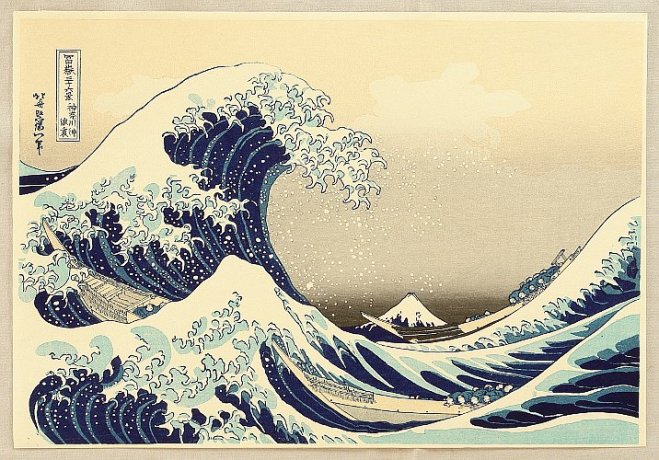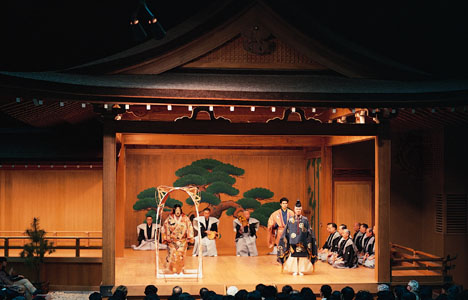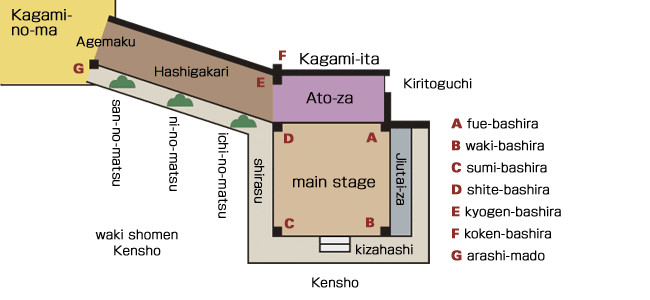Brecht
“through the rich of this earth find no difficulty in creating misery, they can’t bear to see it”
Marist and communist
Brechtian theory is not set in stone. his theatre is constantly changing. more so than any other playwright in the century, you cannot separate the theory from the plays you cannon separate the politics from the plays.
Eugen Berthold Friedrich Brecht
- Born on 10th Feb 1898 in Augsburg, Germany
- Brecht was a sickly child, with a congenital heart condition and a facial tic, He suffered a heart attack at the age of twelve, but soon recovered and continued his education
- While in school, he began writing and ended up co-founding and co-editing a school magazine called ‘The Harvest’ and wrote his first play ‘The Bible’
- Studied medicine in Munich (1917-1921) and served in a army hospital in 1918 during World War I
- After the war, he moved to Berlin where he was attracted to modern theatre
- Appointed as a consultant in 1924 in Deutches Theater in Berlin
- Works with Erwin Piscator (originator of the phrase ‘Epic Theatre’)
Brecht
- In 1922, his play ‘Drums in the night’ opened and received the prestigious Kleist prize for young dramatist as a result
- In 1923 his two plays ‘Jungle of Cities’ and ‘Baal’ cause controversy in Berlin theatre world
- First professional production – ‘Edward II’ in 1924
- 1928 – ‘The Threepenny Opera’ becomes a sensation and begins a long collaboration with composer Kurt Weill
- Violent antibourgeois attitude
- Among his friends were members of the Dadaist group
- Discovered Marxism in the late 1920s with Karl Korsch, an eminent Marxist theoretician
- He developed his theory of ‘epic theater’ and an austere form of irregular verse and embraced Marxism
- In 1933 to 1941 he went on exile in Scandinavia (mainly in Denmark)
- From 1941 until 1947 he lived in the USA where he did some film work for Hollywood
- In this period, his books were burned and his citizenship was withdrawn
- He was cut off from German theatre
- In this period away from Germany, Brecht wrote most of his greatest plays, major theoretical essays and dialogues
Influences – Murder Ballads
- Typically recounts the details of a mythic or true crime — who the victim is, why the murderer decides to kill him or her, how the victim is lured to the murder site and the act itself — followed by the escape and/or capture of the murderer
EINFÜHLUNG
- Translates as “Understanding/Empathy”
- Originates in Aristotle’s ‘Poetics’
- The audience feel what the character feels
- Therefore – the audience must be passive
- Brecht terms this type of drama an ‘emotional orgy’
THE BALLAD OF MAC THE KNIFE
And the shark, oh, it has teeth
And it wears them in its face.
And Macheath, he has a knife,
But this knife, no one sees.
Oh, how red is the shark’s fin,
when the blood flows.
Mack the Knife, he wears a glove,
From which no atrocity can be read.
In the Thames’ green waters,
People suddenly fall.
Is it either plague or cholera?
No, it means Macheath’s been around.
On a beautiful blue Sunday,
A dead man lies on the beach
And a man goes around the corner
Known as Mackie the Knife.
And Schul Meier is still missing
And so many rich men,
Mackie the Knife has his money,
But no one can prove anything.
Jenny Towler was found
With a knife in her breast,
And on the dock goes Macheath,
Who knows nothing at all.
Where is Alfons Gilte, the cabman?
Will this ever come to light?
Anyone could know.
Macheath knows nothing.
And the great fire in Soho,
Seven children and an old man.
In the crowd, Mackie the Knife —
He’s not asked and doesn’t know.
And the underaged widow
Whose name everyone knows,
Woke up and was raped.
Mackie, what was your price?
BRECHT
- 1949 – tempted back to East Germany by the Communist party with promise of own theatre
- 1950 – forms Berliner Ensemble
- 1954 – Berliner Ensemble theatre opened
- Dedicates himself to directing and nurturing new directors
- Dies 1956 – In his will he provided instructions that a stiletto be placed in his heart and that he be buried in a steel coffin so that his corpse could not be eaten by worms
“…Looking around one discovers more or less motionless bodies in a curious state – they seem to be contracting their muscles in a strong physical effort, or else to have relaxed them after a violent strain… they have their eyes open, but they don’t look, they stare… they stare at the stage as if spellbound, which is an expression from the Middle Ages, an age of witches and obscurantists.
How long are our souls going to have to leave our ‘gross’ bodies under cover of darkness to penetrate into those dream figures up on the rostrum, in order to share their transports that would otherwise be denied to us.”
VERFREMDUNGSEFFEKT
- Is a translation (of sorts) of Victor Schklovsky’s term ‘Ostrannenie’ which literally means “to make strange”
- Use of Slides/Inter titles
- Acting style is deliberately unrealistic
- Set is minimal
- Actors ‘drop out of character’ to sing
- Mechanics of stage lighting clearly visible
- Music used as separate element
The Rise and Fall of the City of Mahagonny (1930)
Execution of Jimmy Gallaher. Many of you, perhaps will be shocked at what you are about to see. But ladies and gentlemen, ask yourselves this question: “Would I have paid Jimmy Gallaher’s Debts?” Would you? Are you sure?
Mother Courage and her Children (1938, 1939, 1941)
Spring 1624. The Swedish Commander-in-Chief, Count Oxenstierna, is raising troops in Dalecarlia for the Polish campaign. The Canteen woman, Anna Fierling, known under the name of Mother Courage, loses one son.
























